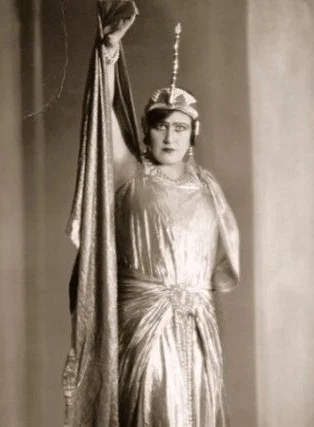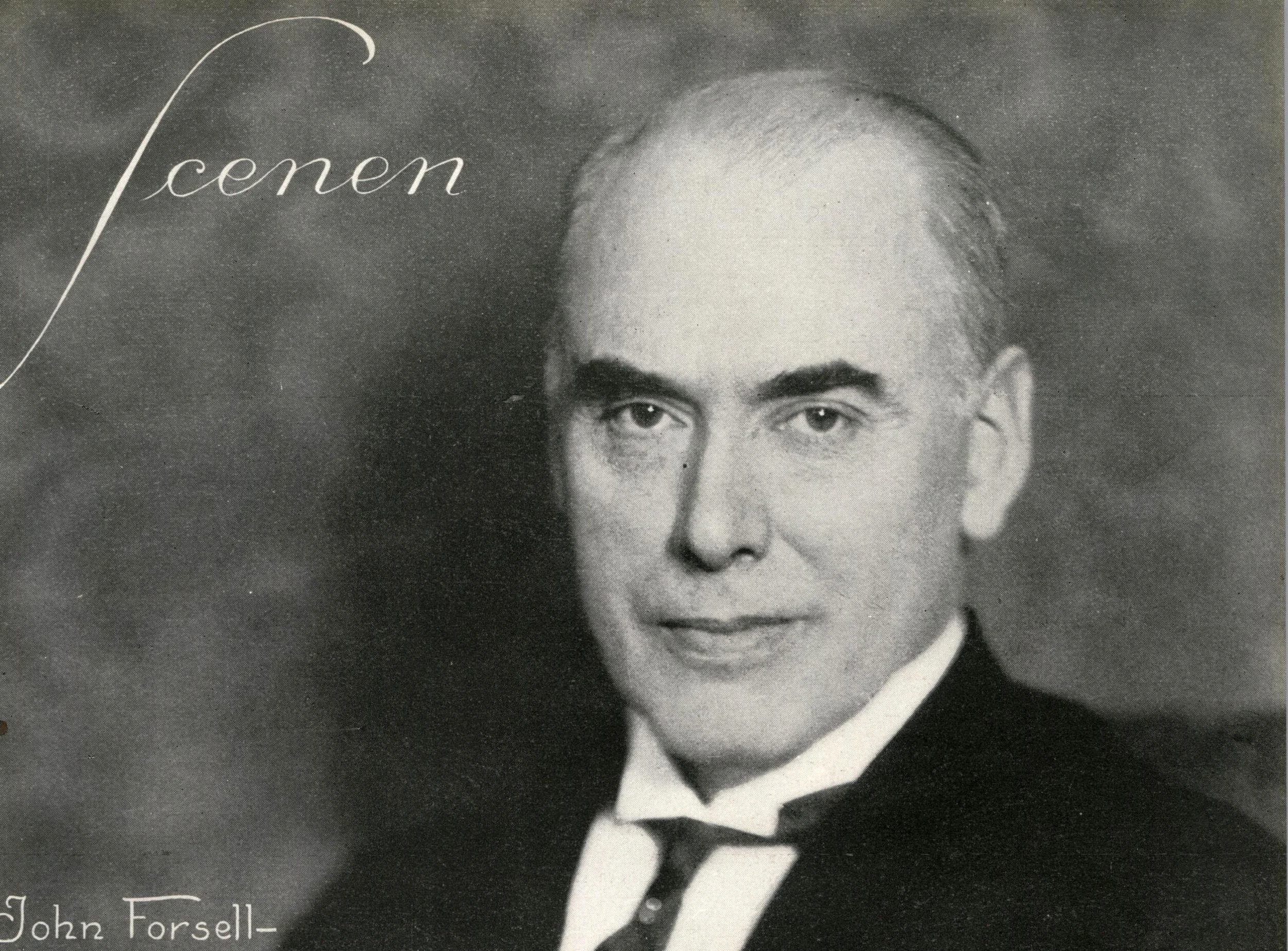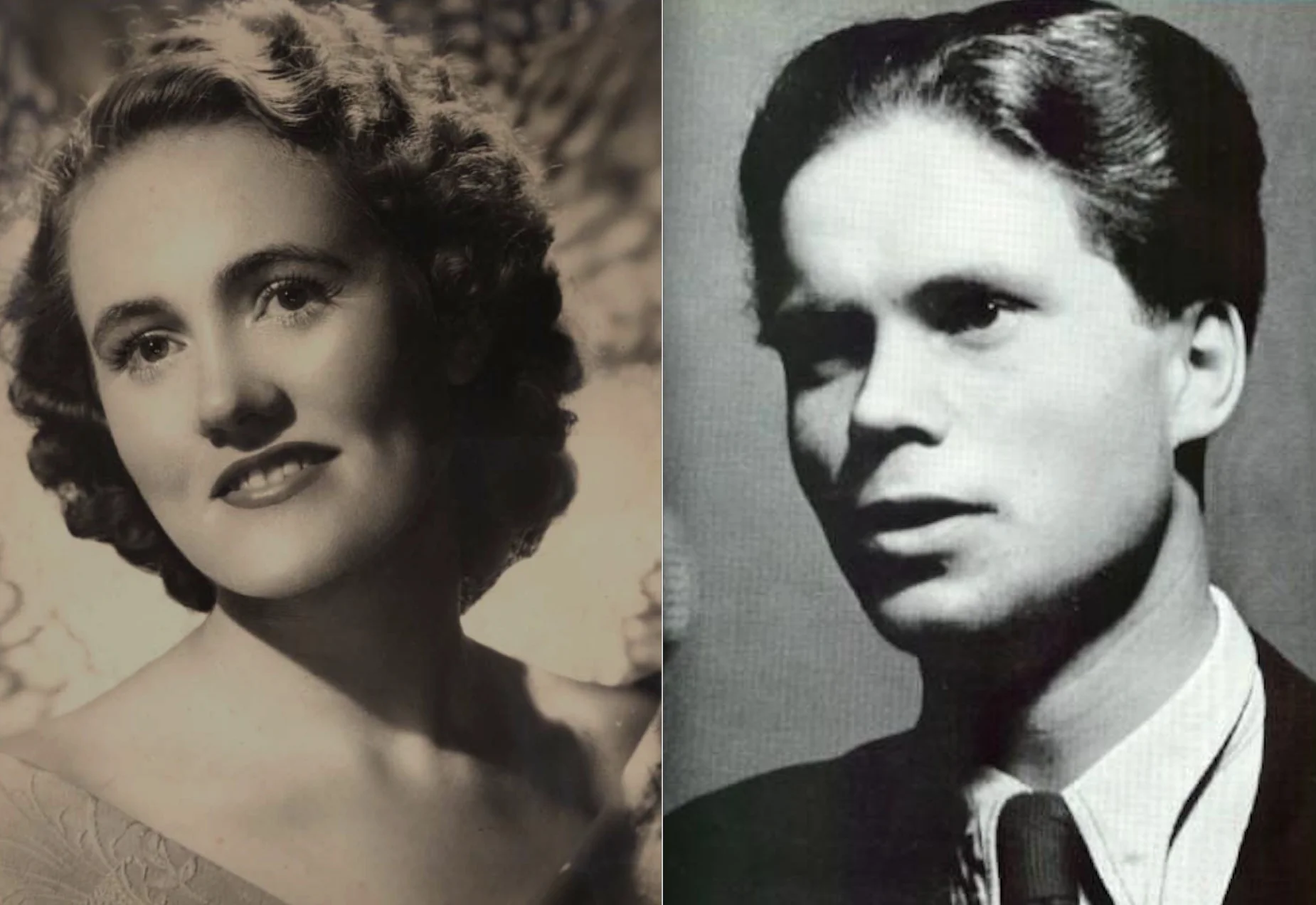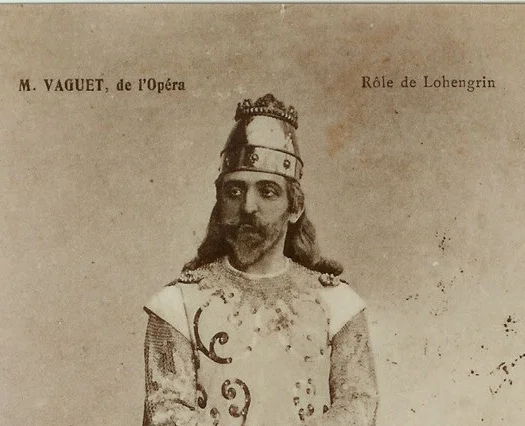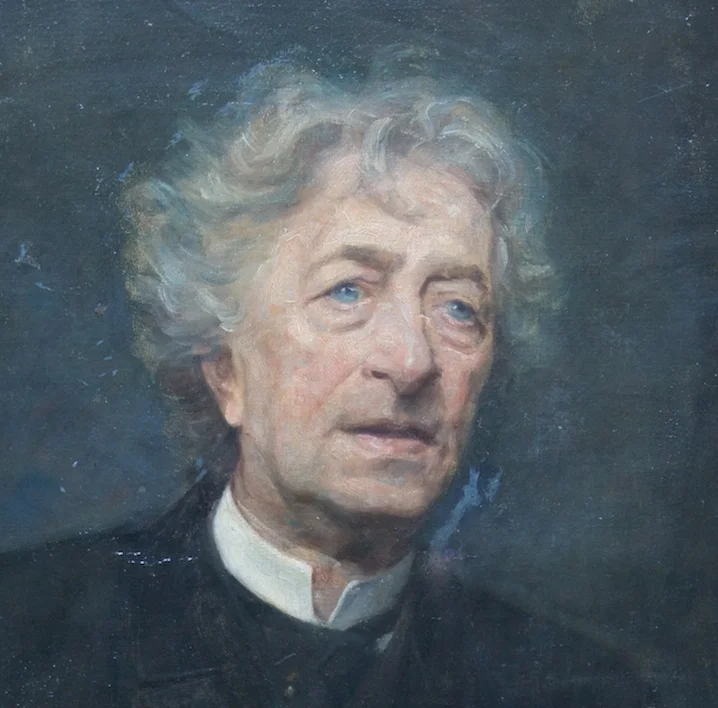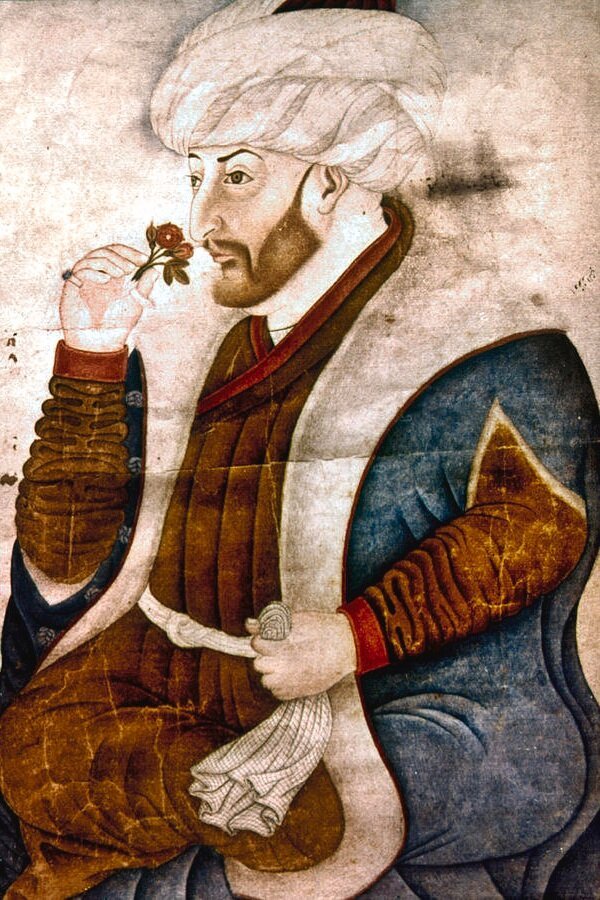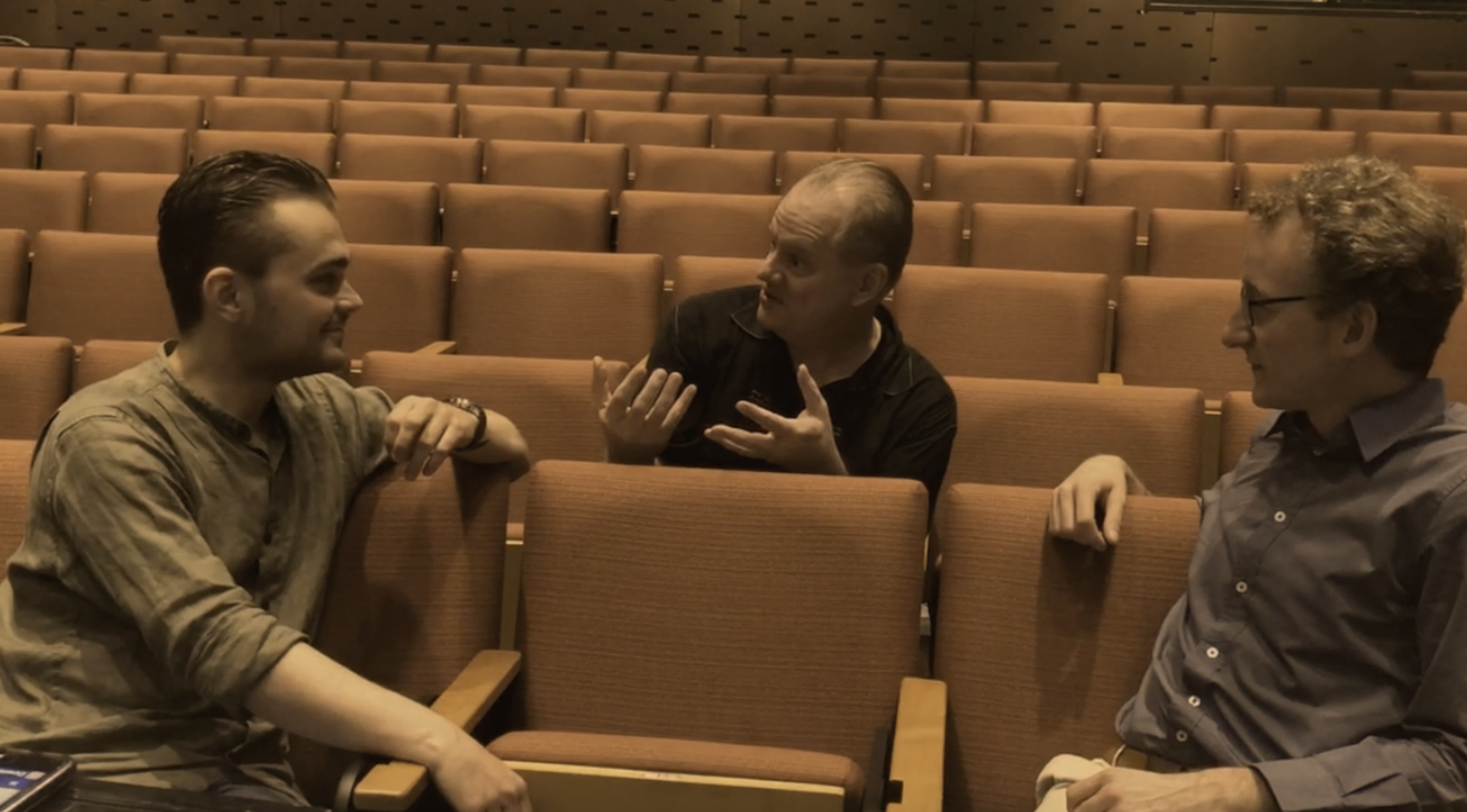Who was Tancredi?
/Actually, there were several Tancredis. No, many Tancredis - it was a name passed down in the Hauteville family, a Norman clan that rose to its greatest power with the conquest of southern Italy in the eleventh century. The name was diffused everywhere in different forms; gin lovers know it today as Tanqueray.
One of the Hautevilles, a Tancredi who lived from 1075 to 1112, participated in the First Crusade and became Prince of Galilee, and subsequently entered literature by being inserted into Torquato Tasso’s epic poem Jerusalem Delivered (Gerusalemme liberata). His adventures there seem mostly to be inventions of Tasso; one of them became a sort of proto-opera when Monteverdi set it to music as Il combattimento di Tancredi e Clorinda.
The hero of Voltaire’s Tancrède and Rossini’s opera seems to be the same figure, to judge by the date given for the action of the play (1105) - but here we pass almost completely into the realm of fiction; none of the situations or (other) people in the play seem to be based on known history. But he became real to operagoers; Rossini was the seventh known composer to base an opera on Voltaire’s tragedy.
He also became a prototype: the exile, the dispossessed, the outsider, longing for belonging, seeking a rightful place, focused above all on desire for union with a woman, and finding his way to her barred. Conrad L. Osborne calls it, rightly, “the redundant narrative” of opera’s greatest century. Edgardo, Gualtiero, Gennaro; Ernani, Manrico, Don Carlo; Siegmund, Werther, Otello, and with variations and twists, dozens of others - Tancredi is a father-figure to them all.
Tancred of Hauteville,
by Merry-Joseph Blondel (1781–1853)





![Image 2 - Henry T. [Harry] Burleigh - Detroit Public Library.jpeg](https://images.squarespace-cdn.com/content/v1/596bb4e703596e837b624445/1591713684327-N7HW488JSZ7EN8T5AJSR/Image+2+-+Henry+T.+%5BHarry%5D+Burleigh+-+Detroit+Public+Library.jpeg)







